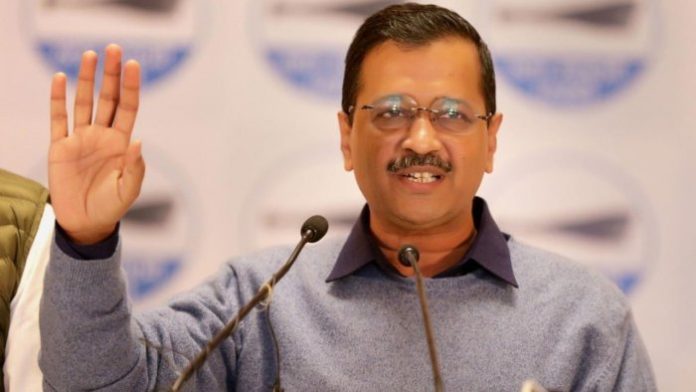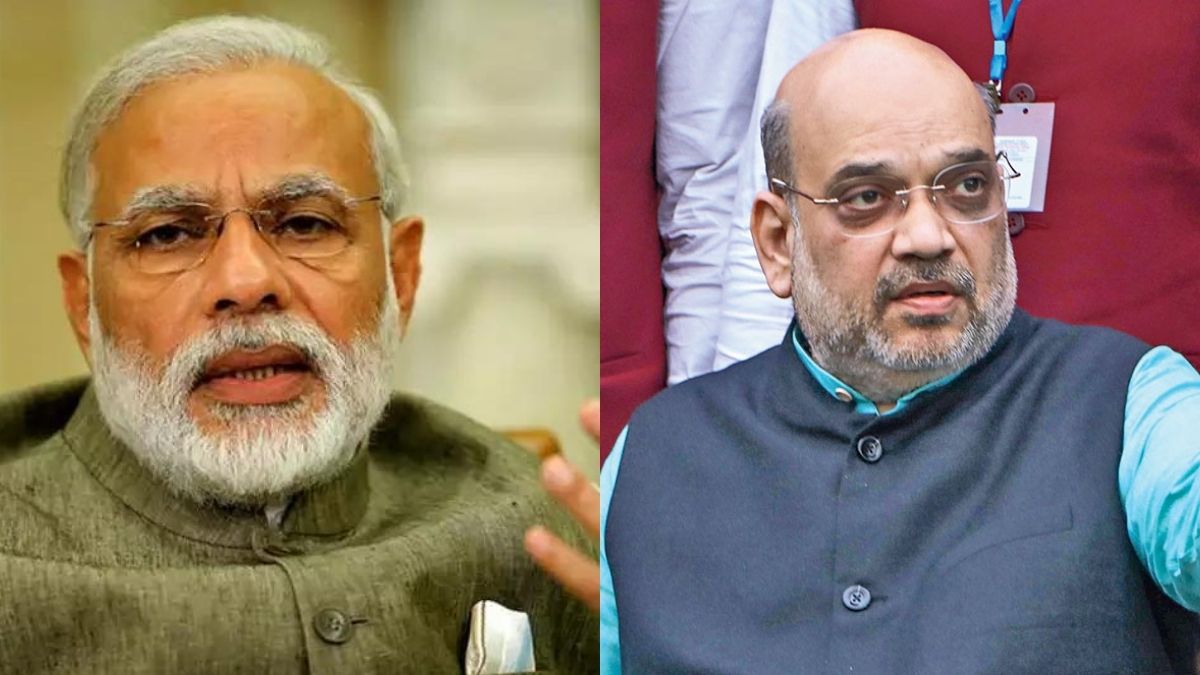In an application to the Supreme Court, Delhi’s deputy chief minister, Manish Sisodia, also claimed indifference on the part of the city’s civil officials, saying that issues had become “more acute” after V.K. Saxena was named L-G.
Delhi deputy chief minister Manish Sisodia has made new allegations of “indifference” on the part of civil servants in their interactions with leaders of the Aam Aadmi Party (AAP) government in the ongoing dispute between the Union government and the Aam Aadmi Party (AAP) led Delhi government over control over services in the national capital.

The Deputy Chief Minister filed an affidavit with the Supreme Court claiming that public officials often ignore ministerial orders, refuse to receive phone calls from ministers, and do not show up to meetings without prior warning. To emphasise, Sisodia stated that these issues have gotten “more acute” following V.K Saxena’s appointment as lieutenant governor of the national capital in May.
Sisodia’s affidavit was included in the petition filed by the Delhi government in response to notifications issued by the BJP-led Union government concerning their authority over New Delhi’s civil personnel. It’s hardly unexpected that civil servants working for the Government of NCT of Delhi have become disinterested in the elected government after the impugned notification set up this system.
As a result, “the basic day to day functioning of the Government of NCT of Delhi stands entirely jeopardised,” as Sisodia’s affidavit is described by LiveLaw.

As if that wasn’t bad enough, the deputy chief minister went on to say that the Union government is encouraging apathy among bureaucrats against the elected government on purpose. According to his affidavit, “any co-operation between the civil services and the elected government is attempted to be penalised and recalcitrance against the elected government is being encouraged.”
Sisodia’s affidavit detailed various issues with dealings with politicians in the Delhi administration, in addition to the sour attitude of bureaucrats.
Sisodia criticised the “shocking breach of protocol” that occurs when senior bureaucrats don’t show up to meetings and instead send junior officials in their place, pointing out that this prevents Ministers from discussing projects or reviewing delayed action, making it impossible to address problems like inefficiency, corruption, and others.
The testimony also provided other examples of government employees who flat-out refused to speak with ministers over the phone or respond to their requests for informal meetings. To give just one example: “For example, the Principal Secretary (Finance) has refused to receive the calls of the Deputy Chief Minister/Finance Minister (Sisodia), or come to this office, to discuss critical topics pertaining to the Finance Department. As seen by the aforementioned examples, “it has become normal practise for civil officials to disrespect the elected government with an alarming degree of laxity and contempt,” as stated in Sisodia’s affidavit.
Keep in mind that the Ministers are the people’s elected representatives, and that it is through the Ministers that government employees must answer to the people. There are “huge gaps in the policy implementation of the administration,” Sisodia stated, and many vacancies exist because “those responsible” haven’t filled them.
The disagreement between the government of Delhi and the government of the Union was first attempted to be resolved in 2018, when a five-judge constitution bench of the Supreme Court unanimously held that the L-G of the national capital is bound by the aid and advice of the elected Delhi government.
However, the argument over the disputed “services” persisted because it was not addressed in this judgement. This current petition from the Delhi government was born when a two-judge bench of the Supreme Court heard the case in 2019 but issued a divided ruling. A three-judge bench presided over by the former Chief Justice of India N.V. Ramana heard the case and referred it to a five-judge constitution court in May of this year.

